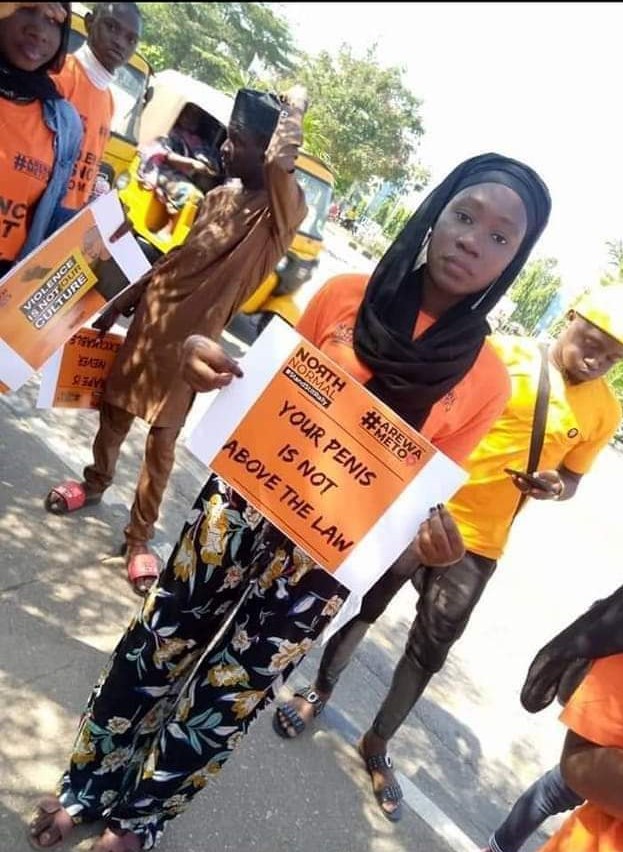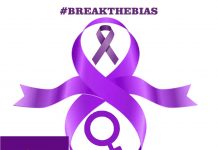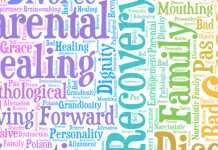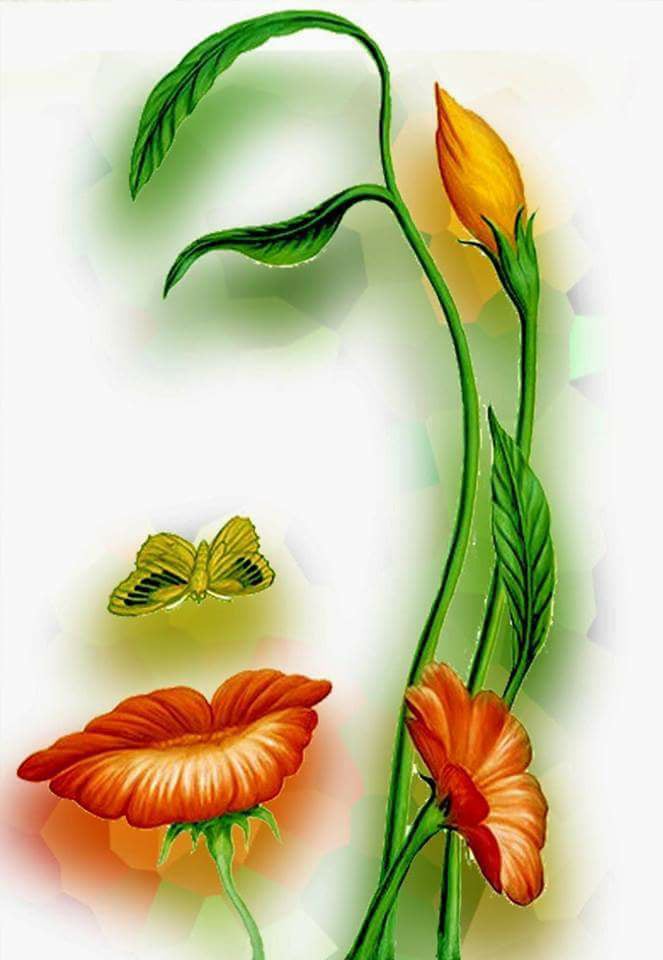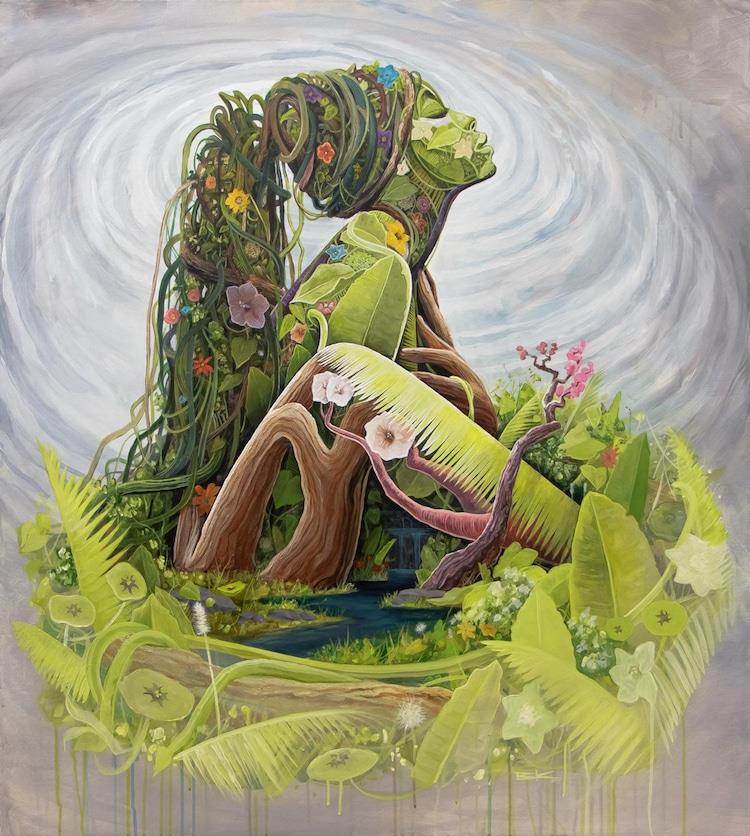As we round up the 16 days action against GSBV, I reflect on my relationship with domestic abuse and GSBV. I have always felt domestic violence deeply because I was raised in it my entire life. But even though I knew it was wrong, I lacked the context with which to describe it until now. I was told that being physically or verbally abused is a sign of affection (synonymous with the concept of African parenting). You only hit a child when you love them, hence anyone who hits you or verbally abuses you loves you. It did not make sense to me then; it still does not make sense to me now. No matter how hard I tried to rationalise it, I could not. I just cannot equate love with inflicting pain, yet I was told every day, that hurting someone is love.
I grew up seeing my sisters being abused by their husbands and sent back home, only for them to be bundled back without any form of respite for them. It never made sense to me; it still does not make sense to me now. The experience of one of them, a young girl full of promise and potential, married to a junior colleague of mine. He would beat her up and send her home in the middle of the night, only for her to be bundled back to him in the morning; with no respite for her, no recompense nor admonition for him. Thiers was a short and troubled marriage filled with violence, with so many violent episodes that kill a part of me every single time.
I am never able to understand the wisdom behind being mandated to living with an abuser, even though I have lived with my abusers for the most part of my life and was raised to accept it as normal. But the more I attempt to normalise it, the more my whole-body mind and spirit rejects it.
Certainly, ours is a society that normalises, accepts, condones, and promotes violence on different levels, that is why a husband is given every leeway to abuse his wife under the cover of culture and religion, just the same way a parent is encouraged to abuse their child under the cover of discipline and upbringing.
Interestingly, these sickening beliefs and mindsets are not peculiar to just developing countries, and the rate of domestic violence has soared astronomically all over the world since the first Covid19 lockdown in March 2020 with over 243m women and girls said to have been abused by people they trust, and only 40% of them reporting being abused and seek help. The situation continued to worsen leading to the UN’s call for ‘peace at home’ in April 2020
This is very unfortunate and reprehensible in every sense and more reason why we should amplify voices and increase engagement in advocacy and awareness to flatten the curve of this pandemic.
We must also understand that gender-based violence is not gender-selective, it can happen to anyone; both men and women can be victims. Even though women and children are the greatest victims of abuse, men get abused too and we must stand for them just as we do women. And that is why December 10th, the last of the 16 days action against GSBV is called world humanitarian day: because we all matter.
Lend your voice to end GSBV. Take action to end GSBV in your communities and the world at large.



